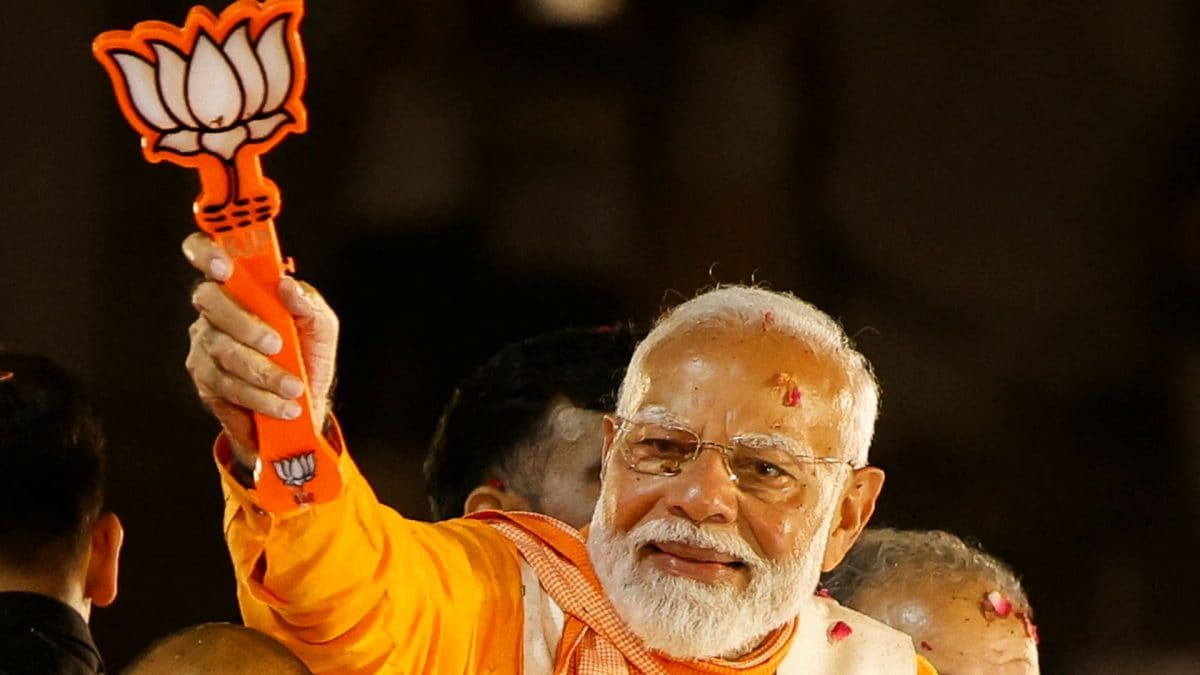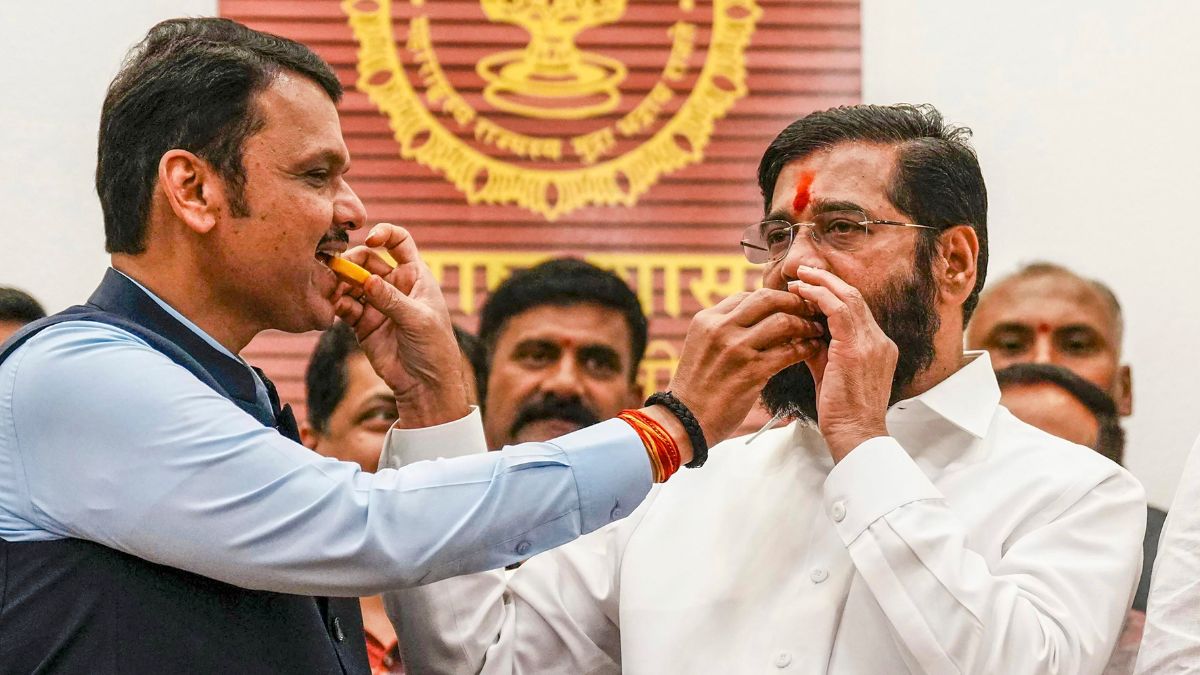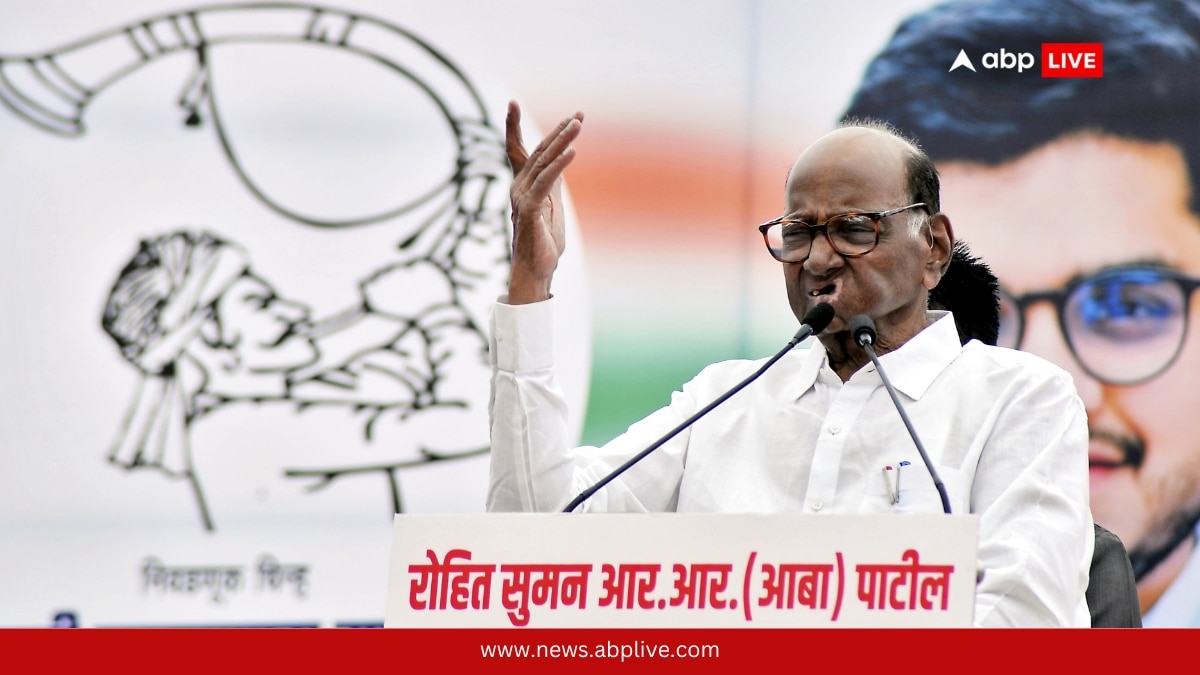The Conference of Nigeria Political Parties (CNPP) has noted with concern, what it described as declining voter turnout in elections as observed in last weekend’s governorship election in Ondo State. The group, which stated this in a congratulatory message to Governor Lucky Aiyedatiwa on his declaration as the winner of the election, noted that only 24.8 per cent of registered voters participated in the exercise.
This, according to the umbrella body of registered political parties and political associations, shows a significant drop from the 31.6 per cent turnout in the previous election. In a press statement signed by its Deputy National Publicity Secretary, Comrade James Ezema, CNPP added that it is alarming and underscores the growing disillusionment with the country’s electoral process.
The CNPP attributed this decline to the increasing loss of faith in the electoral process, particularly since the unprecedented participation in the 2023 general election. “The continuous decline in voter turnout is a wake-up call for our leaders to address the underlying issues eroding public trust in our democratic institutions. We must work towards restoring the integrity of our electoral process to ensure the sustainability of our democracy,” the group said.
The group also noted that the near-total loss of faith in the judicial process in Nigeria poses a significant threat to democracy as a system of government. “It is morally bankrupt for leaders who cannot supervise free, fair, and credible elections to hail the outcomes of transparent elections elsewhere,” it said. Furthermore, the CNPP condemned incidents of vote-buying during the Ondo governorship election and called for the prosecution of offenders to serve as a deterrent to others.
“We urge the relevant authorities to take decisive action against those involved in vote-buying and other electoral malpractices,” the group emphasized. In light of these concerns, the body reaffirmed its commitment to promoting democratic values and good governance in Nigeria. The CNPP maintained that it will continue to advocate for electoral reforms and support efforts to strengthen our democratic institutions.
The group called for the strengthening of the independence of the electoral commission to ensure that it operates independently, free from undue influence. It also called for implementation of comprehensive voter education programmes to increase awareness and participation, establishment of effective mechanisms to prevent and prosecute electoral offenders, and working out deliberate policies to ensure transparency in electoral processes as well as hold leaders accountable for their actions before and during elections. It also urged all stakeholders to join forces in addressing these challenges and working towards a more robust democratic system, saying: “By doing so, we can restore public trust and ensure the long-term sustainability of our democracy.
” In another development, CNPP maintained that the recent cabinet reshuffle by President Bola Tinubu is insufficient to address Nigeria’s economic woes The group, which expressed scepticism over the cabinet reshuffle, advised Nigerians not to expect significant improvements from the changes. The CNPP emphasized that the ordinary citizens will continue to face worsening poverty and hunger unless the government reverses the petrol subsidy removal and the negative effects associated with the devaluation of the Naira. “The recent cabinet reshuffle has generated varied reactions, but we urge Nigerians not to harbour excessive expectations from these changes.
Until there is a reversal of the petrol subsidy removal and the negative effects associated with the devaluation of the Naira, the ordinary citizens will continue to face worsening impoverishment and hunger,” it said. The group argued that the removal of the petrol subsidy, although desirable, was implemented too hastily without a workable plan to address the drastic reduction in purchasing power. “Past administrations had made provisions to cushion the negative impacts of increases in the pump prices of petroleum products, but the current government had no concrete plans for about a year and five months now.
“The high cost of diesel continues to negatively impact the pump price of petrol, as tankers use diesel to transport petrol across the country, leading to increased landing costs per litre,” the CNPP explained. The group highlighted the challenges faced by Small and Medium Scale Enterprises (SMEs) due to high fuel costs and electricity tariff. It said: “The promised Renewed Hope Agenda of the President may end up as renewed hopelessness if the current administration does not immediately reverse the cost of petrol to its 2015 pump price and the exchange rate to before May 29, 2015.
“More companies are folding up, and SMEs are nearly non-existent as they cannot afford the cost of fuel to power their businesses due to the high cost of diesel and petrol, and the high electricity tariff is not helping them either.” The CNPP emphasized the need for immediate action to reverse the high cost of transportation in the country, which contributes to rising food prices. “The government must take immediate steps to reverse the high cost of transportation in the country to arrest the increasing cost of food and basic necessities of life,” urged, adding that it remains committed to advocating for policies that will alleviate the suffering of the Nigerian people and ensure a prosperous future for all.
.
Politics
Elections: CNPP Raises Concern Over Declining Voter Turnout
The Conference of Nigeria Political Parties (CNPP) has noted with concern, what it described as declining voter turnout in elections as observed in last weekend’s governorship election in Ondo State. The group, which stated this in a congratulatory message to Governor Lucky Aiyedatiwa on his declaration as the winner of the election, noted that only...The post Elections: CNPP Raises Concern Over Declining Voter Turnout appeared first on New Telegraph.














